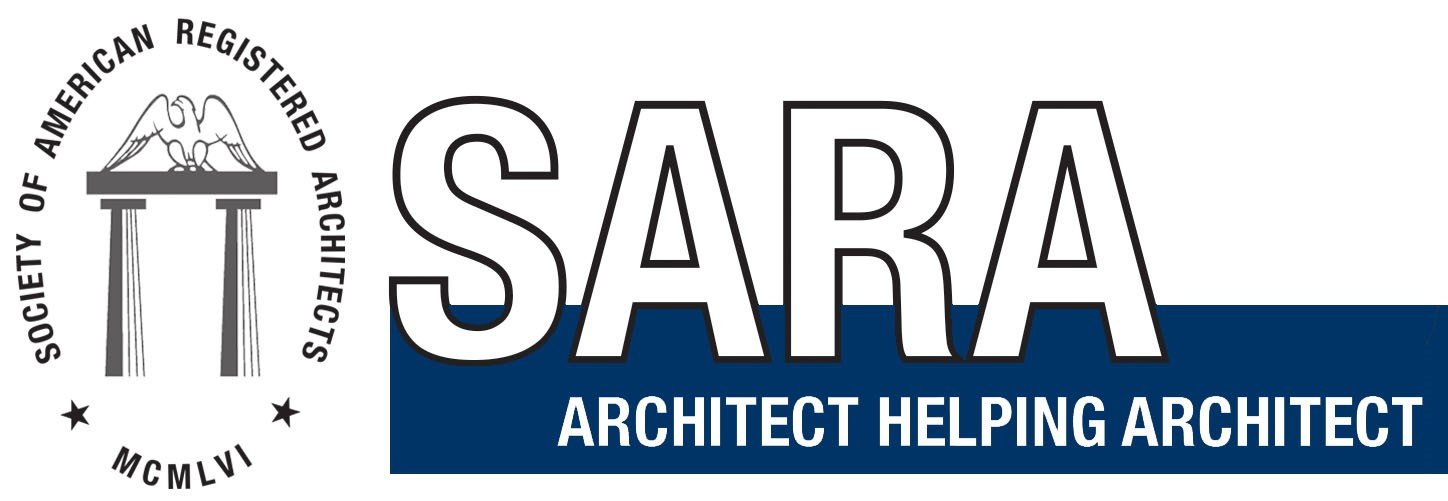You CAN Handle the Truth: 11 Truths from a Lawyer to an Architect
All contracts for your services or for retaining a subconsultant to perform services must be in writing and signed by all parties. I cannot stress enough the importance of a strong, well-drafted and executed contract. Such a document will clearly delineate your limited and specific scope of services, define the parties’ rights and obligations, appropriately allocate risks and provide the legal mechanisms to enforce payment and defend you against potential claims. The contract is the lawyer’s toolbox, and you will want your lawyer to have plenty of tools in the event of a dispute.
Seek to have your client sign your proposal. Attach standard terms and conditions that are “architect friendly” to your proposals and, when possible, have your client sign your proposal which incorporates those terms and conditions.
Do not sign your subconsultant’s agreements. You have the contractual high ground here and perhaps some contractual obligations to flow down to your subconsultants. You should be dictating the terms of the subconsultant agreement, while incorporating only the subconsultant’s scope of services.
Do not agree to defend your client or any other persons for claims, damages or issues related to your professional services. The indemnification provision of a contract is as impactful as it is incomprehensible to the non-trained eye. Your professional liability insurance does not cover any agreement on your part to defend others related to your services. We can all agree lawyers are not cheap. Don’t be on the hook for these costs.
Expand your team. Become familiar with a lawyer that you are comfortable with and utilize his or her guidance in contracting and risk mitigation. Amounts invested in this relationship will likely be far outweighed by the benefits to your business and mental health. In addition, use your broker as a resource for reviewing insurance provisions in contracts and for guidance on issues related to insurance.
Utilize your insurance policy to avoid a claim being filed against you. Many professional liability insurance policies contain what is known as loss prevention or pre-claims assistance. The objective of this protection is to identify and elevate any potential issue at an early stage before it turns into a claim by providing access to counsel for guidance and assistance. Importantly, this assistance is provided without cost to you nor implication to your deductible or your limits of insurance. You pay the insurance premiums, so why not use the tools available under the policy to mitigate your risks?
Send out timely invoices for services. Not only is that good business practice, but many states have enacted payment statutes for your protection that only allow a set time for your client to withhold payment for any alleged deficiencies in your services. Start the clock running as early as possible to ensure payment.
Trust your instincts. You have made it to the top by using your instincts and abilities. While your abilities will always be on display, architects often tend to disregard or downplay their instincts when it comes to deciding whether to take on a project. Sometimes the best projects are the ones you do not take.
Keep your client happy, informed and placated. Your client is the most likely party to sue you. Recognize this, communicate frequently and clearly and take care to manage their expectations from the start.
Do not devalue your services. Unfortunately for various reasons, some architects can get mired in a race to the bottom in the pursuit of architectural work. If a client is unwilling to pay you what you deserve, then they do not deserve to have you on the project. Devaluing your services by cutting rates or time usually only leads to further cuts. Architects need to do better as an industry to push back.
Smile and be happy. At the end of your career, you will leave the world with an enduring legacy of contributions to the built environment. In contrast, I highly doubt that anyone will care about that great brief I authored (although I think we can all agree lawyer jokes are far better than architect jokes – so I have you beat there). Be proud of your accomplishments and recognize what a worthy profession you are blessed to be in!
Sean Ryan, Esq., Aff. SARA
Sean Ryan, Esq. is a partner at Bardsley Law, a law firm dedicated to the representation and furtherance of the design professional community. In addition to his role at Bardsley Law, Sean is the National General Counsel for the Society of Registered American Architects (SARA). Sean routinely drafts, negotiates and provides guidance on complex construction contracts across all 50 states through the Contract Workshop at Bardsley Law. Please do not hesitate to contact Sean at sryan@bardsleylawfirm.com or (610) 804-3499 with any of your contract needs. Further information as to the Contract Workshop can be found at: https://bardsleylawfirm.com/contract-workshop.html

